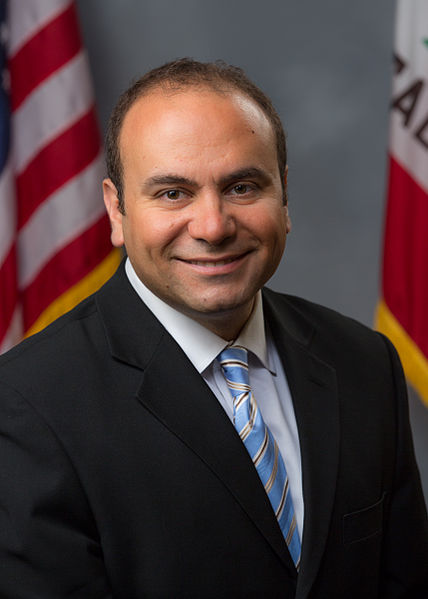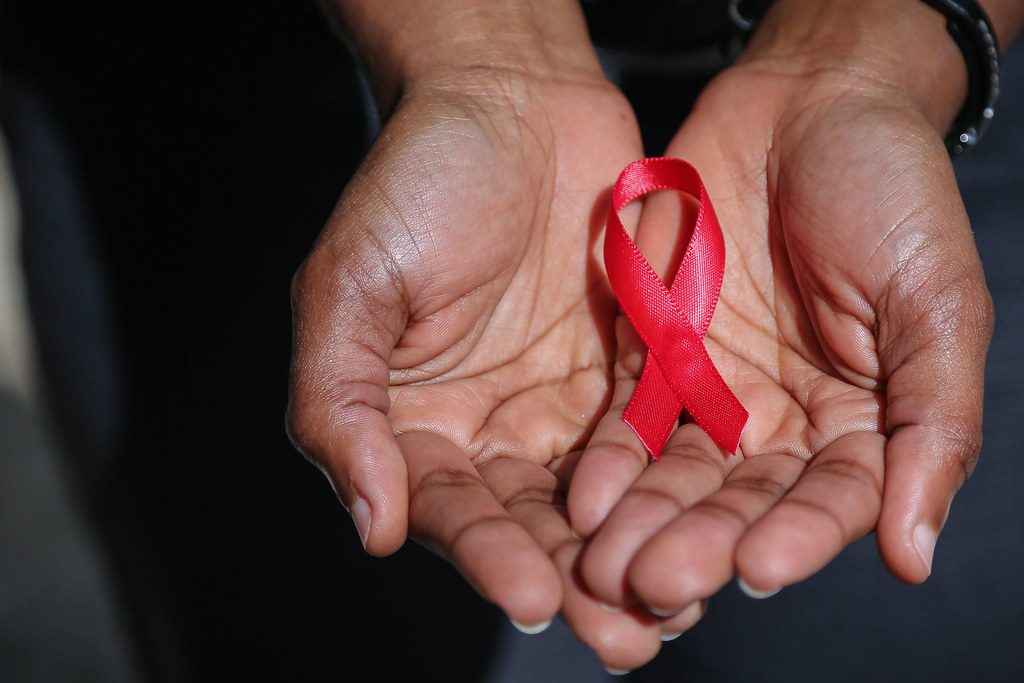Black workers in Southern California have struggled to recover from the upheaval caused by the COVID-19 pandemic, with many who were displaced from their jobs still not returning to work, according to a report released Monday by the UCLA Labor Center.
The study by the UCLA Center for the Advancement of Racial Equity (CARE) at Work focused on the Black workforce in Southern California, which is home to 60% of the Black population in the state. Key findings of “Essential Stories: Black Worker COVID-19 Economic Health Impact Survey” include:
— close to 70% of Black workers who lost their jobs or were furloughed during the pandemic have not been called back to work;
— more than half of the 2,000 Black workers surveyed worked in essential or frontline sectors pre-pandemic;
— researchers found that 71% of Black on-site workers were concerned about COVID-19 exposure on the job; and
— about 90% percent of Black women surveyed had an increase in at- home and financial responsibilities during the pandemic, and many reported that their employers were inflexible in accommodating their needs.
“The Black workers we surveyed are facing high levels of stress,” report author Demetria Murphy said in a statement. “Eighty percent of Black workers rated their stress level as three or more on a scale of one to five. And what is even more concerning is that most Black women rated their stress level at a four or five.”
The researchers said the inadequate care infrastructure — both in the workplace and within local, state and federal emergency support — has created a “state of emergency” for Black workers.
“Disproportionate health, economic and housing discrimination have converged into a restructuring that will cause further unemployment and underemployment for Black workers, unless California’s recovery plans specifically address their needs,” CARE at Work Director Lola Smallwood-Cuevas said.
“It is important to remember that after the Great Recession, it took 13 years for Black unemployment to lower back to pre-recession levels,” Smallwood-Cuevas said. “To have a prompt and meaningful economic recovery this time, Black workers need relief, resources and programming tailored to their needs.”
In response to the concerns of Black workers surveyed in the report and a subsequent analysis, the researchers emphasized the importance of:
— long-term quality jobs, economic support and COVID-19 recovery programming;
— Black worker wellness support through targeted programming; and
— direct workforce rights training and development programming.
In order for the current economic restructure to lead to an equitable recovery, researchers said there is a need to amplify the voices of Black workers.
The full report is available at bit.ly/EssentialStoriesCARE.







